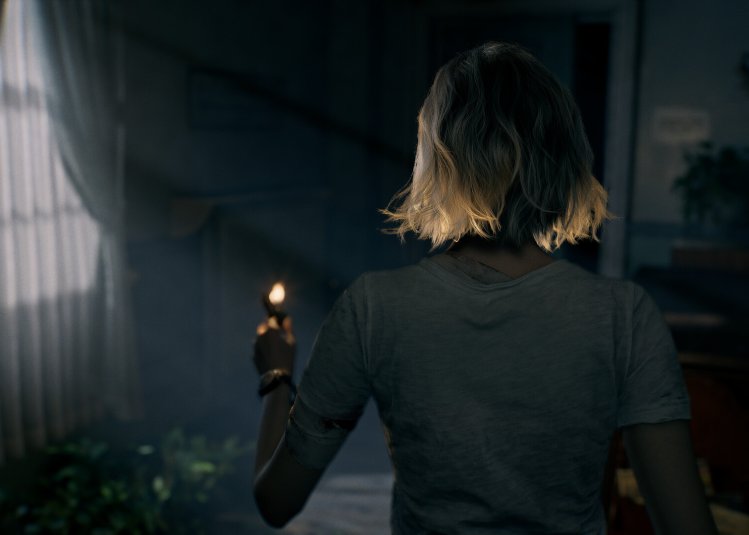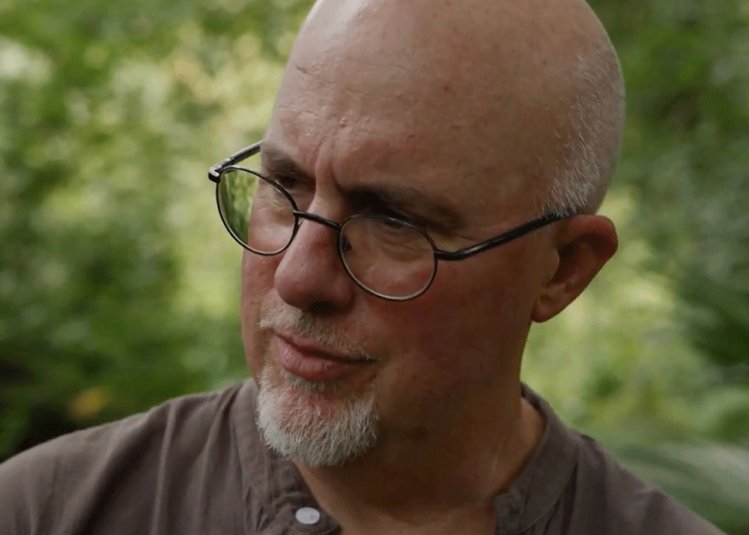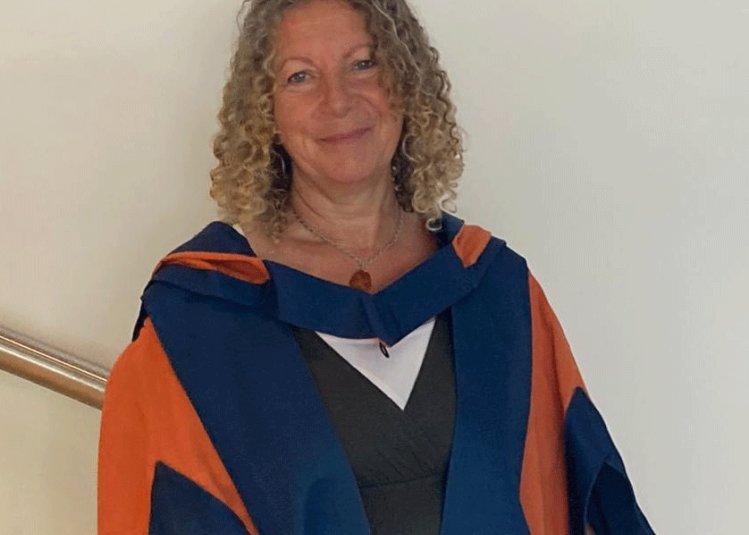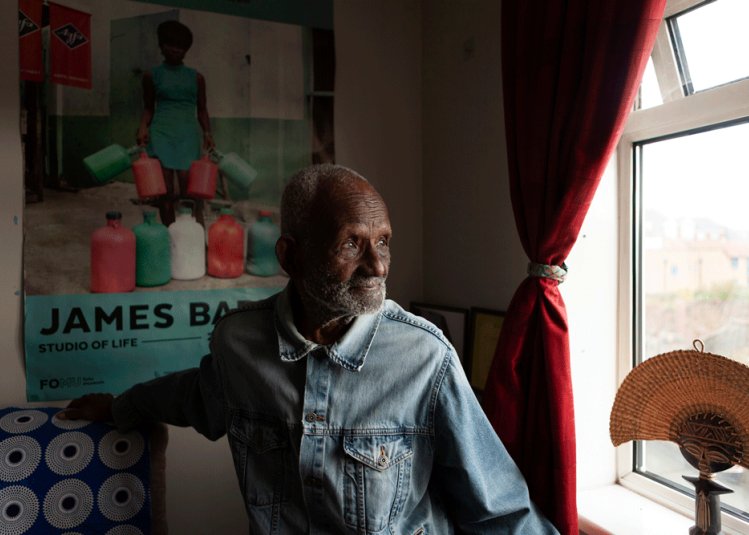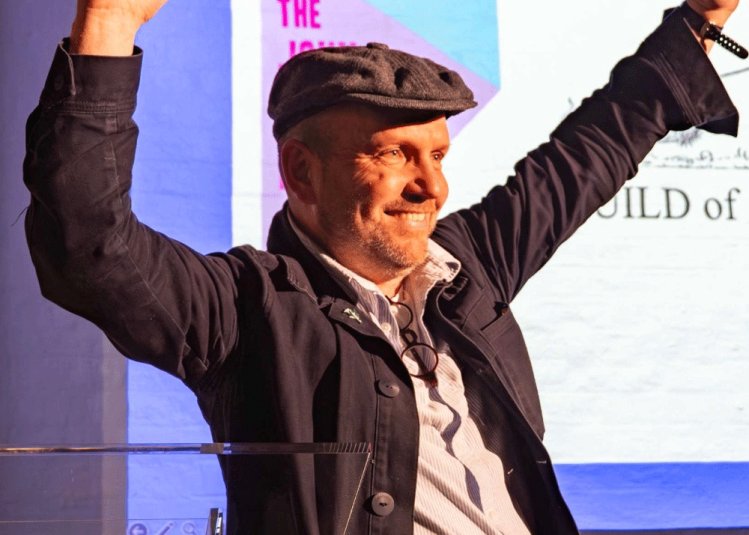Indie Games lecturer reimagines 17th century France in new game
27 June 2025

Indie Game Development MA (Online) lecturer Giovanni Rubino has released a unique historical gardening game, The Abbess Garden, set in 17th-century France.
Created in collaboration with MD Studio, the game invites players to explore a historically accurate monastic garden during a moment of political and religious tension. Giovanni led on the narrative design, drawing from detailed research and real-world events to build a rich, grounded experience.
We caught up with him to hear about his creative journey and the collaboration behind his latest project.
What led you to create this unique concept?
I’ve had the pleasure of working with MD Studio founder Edwige Lelièvre when we were both part of the Metamakers research institute at Falmouth. Back then, we worked on Tevi, a collaboration with the Eden Project for a game designed to address plant blindness. We share an interest in gardening game mechanics and worked very well together. Combined with a pre-existing interest in historical games, it was a no-brainer. When she asked me to help with the narrative aspects of the game, I did not hesitate.
The game is now available to play on open beta on Steam.
How did you approach creating accurate horticultural techniques from the period?
At the end of the day, it’s a continuation of Edwige’s research work: making the wild world of gardening and plant life the centre of attention, rather than something simply decorative or controlled. Exploring the Abbess’ garden of the Port-Royal-des-Champs abbey gave us several advantages. There were specific rules and customs about what could and should be planted, which helped us manage the scope. And unlike many comparable gardens in history, this one was well documented.
In addition, Port-Royal sat on the edge of a fairly tumultuous moment in French history. It was far enough from the kingdom’s eyes but close enough to Paris to be an easy getaway for many important figures. This was helped by the friendly environment that Abbess Angélique Arnauld and her family offered to the Jansenist Catholic movement. Our game begins specifically with the death of Louis XIII and the regency council supporting the succession of the four-year-old Louis XIV, and what’s better than a complex regency for some intrigue?
To keep everything as historically accurate as possible, we have worked with Sylvain Hilaire from the very beginning, a landscape historian who is running a research project specifically on Port-Royal.
How does developing a game like this connect with your role as a lecturer at Falmouth?
I strongly believe that on a course like the Indie Game Development master’s, it is important for tutors to be active practitioners in the international games industry. The indie game industry is effectively a network of mutually supportive practitioners, and a tutor’s role is to help bridge the gap between the networks students form among themselves and the larger international scene.
I would not even be working on The Abbess Garden if I had not met Edwige at Falmouth, and it all contributes to staying artistically relevant and maintaining familiarity with the fast-moving and ever-changing indie games sector.
This particular project gave me insight into every stage of production because I was involved from the start. I was aware of everything from business and marketing to the fine details of development, even though my own focus was on writing and researching dialogues and narrative design.
This proved useful when tutoring on modules such as ‘Indie Game Start-Up' which focuses on the business side of game development. As a studio, we were trying to solve many of the same problems as our students, only with a team of very experienced professionals. It was the perfect opportunity to share lessons learned and domain-specific knowledge.
What other experience do you have alongside lecturing?
Right now, I mostly specialise in the narrative design side of game development. But I still try to remain T-shaped in my expertise by maintaining a side practice making smaller experimental projects, often with strong political elements, and which are freely available wherever possible. One recent project was Frozen Assets, which let me work with talented friends I had wanted to collaborate with for years, while also trying my hand at Godot development.
I tend to thrive on finding novel ways to express narrative. For a games writer, I am known for trying to use as little text and dialogue as possible, preferring to let the game system tell the story.
What games are you playing at the moment?
Currently, I’m mostly playing Blue Prince (I’ve reached room 46 and am slowly exploring the rest of the game) and Clair Obscur: Expedition 33, though I have only just started on that one. I also tend to play a lot of 4X and grand strategy games, with Paradox games being a favourite. But when asked about the games that have truly shaped me and that I consider masterpieces in recent years, I would have to name Outer Wilds and Disco Elysium. The latter is one I often go back to and one I think everyone should play — not just gamers or people curious about games, but as something that ought to be mandatory reading in secondary school.
Do you have any other projects in the pipeline?
I just happen to be sending this email right after a meeting about the next (very secret) game from MD Studio. But in general, anything involving history and exploration is an ideal project for me. I always mention Ursula K. Le Guin’s A Wizard of Earthsea as an ideal experience to recreate in a game — hopping on a boat, travelling with struggle and tribulations to an unknown land and culture, and then moving on to new lands and newly discovered communities.
External links
Linkdn: https://www.linkedin.com/in/rubinogiov/
Bsky: https://bsky.app/profile/gioborrows.bsky.social
Itch.io: https://gioborrows.itch.io/
